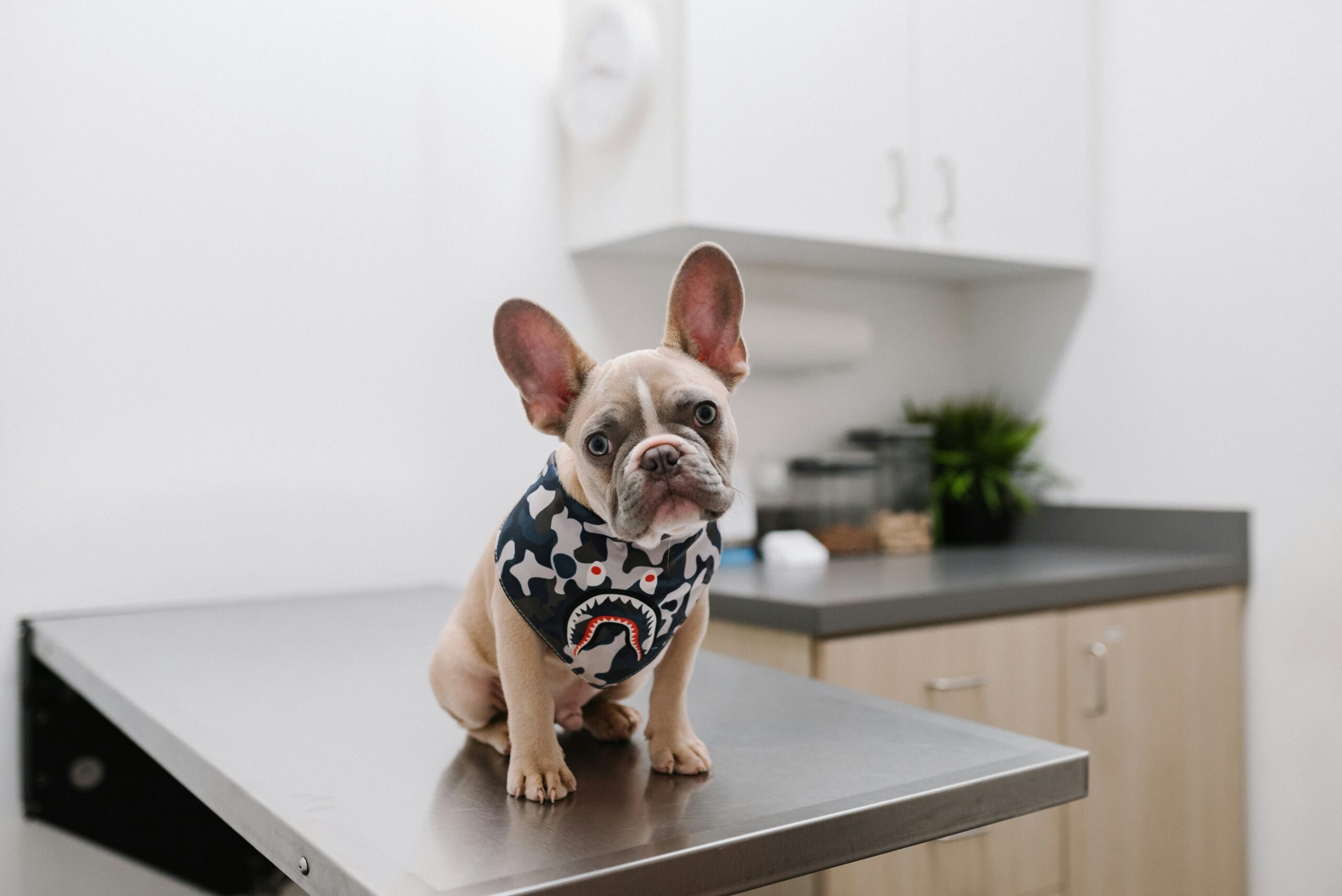When a pet emergency strikes, the situation can feel overwhelming and scary. Our furry companions can’t tell us what’s wrong, so it’s up to us to recognize the signs and act quickly.
Whether it’s a sudden injury, difficulty breathing, or unusual behavior, knowing how to respond can make a critical difference in the outcome for your pet.In the midst of all the panic services like Veteris, a mobile vet service can be a lifeline, especially when things are getting into a dire level and you need to get to a clinic quickly. Here are some essential steps to take if your pet is having a medical emergency.
- Stay calm and assess the situation. Your pet takes emotional cues from you, so staying calm is important. Take a moment to assess what’s happening and whether they’re conscious, breathing normally, or if there’s any visible injury or bleeding. The answers to these questions will guide your next move. If your pets are unconscious or having a seizure, keep them away from further harm by moving them to a secure area away from stairs, furniture or sharp objects.
- Know the signs of emergency. Some symptoms are clear indicators that you need urgent help:
- Difficulty breathing or choking
- Excessive bleeding that doesn’t stop
- Seizures or unconsciousness
- Swollen abdomen, especially if hard or painful
- Sudden collapse or inability to stand
- Vomiting or diarrhea lasting more than 24 hours, especially if there’s blood
- Don’t try to treat it yourself. While pet parents are often resourceful, this is not a time to be guessing. Don’t give human medications unless explicitly told to by a vet. Many are toxic to pets, so you should try to avoid splitting bones or removing objects from wounds. You should only ever do these things with professional help. To focus on stabilizing your pet and contacting a vet immediately.
- Call a vet or emergency clinic. If you can transport your pet safely, call your regular vet or an emergency clinic while you’re en route. Describe the symptoms clearly and ask if you should come in or take any steps before arrival. If you can’t travel or you need immediate support at home, a mobile vet service like Veteris can provide urgent care where you are, saving critical time.
- Have a pet emergency kit ready. Preparation can ease panic during a crisis, and an emergency kit for your pet should be stopped with essentials like gauze and bandages, tweezers and scissors, hydrogen peroxide, a muzzle for safety, and emergency contact details for a vet.
- Know where to go. Familiarize yourself in advance with the nearest 24/7 vet clinics and mobile vet services in your area. Having this information to hand can save valuable minutes when every second counts.
A medical emergency involving your pet is never easy, but your quick action and calm response can be a lifesaver. Whether it’s a midnight accident or a sudden illness, knowing what to do and who to call can give your pet the best chance at recovery.

